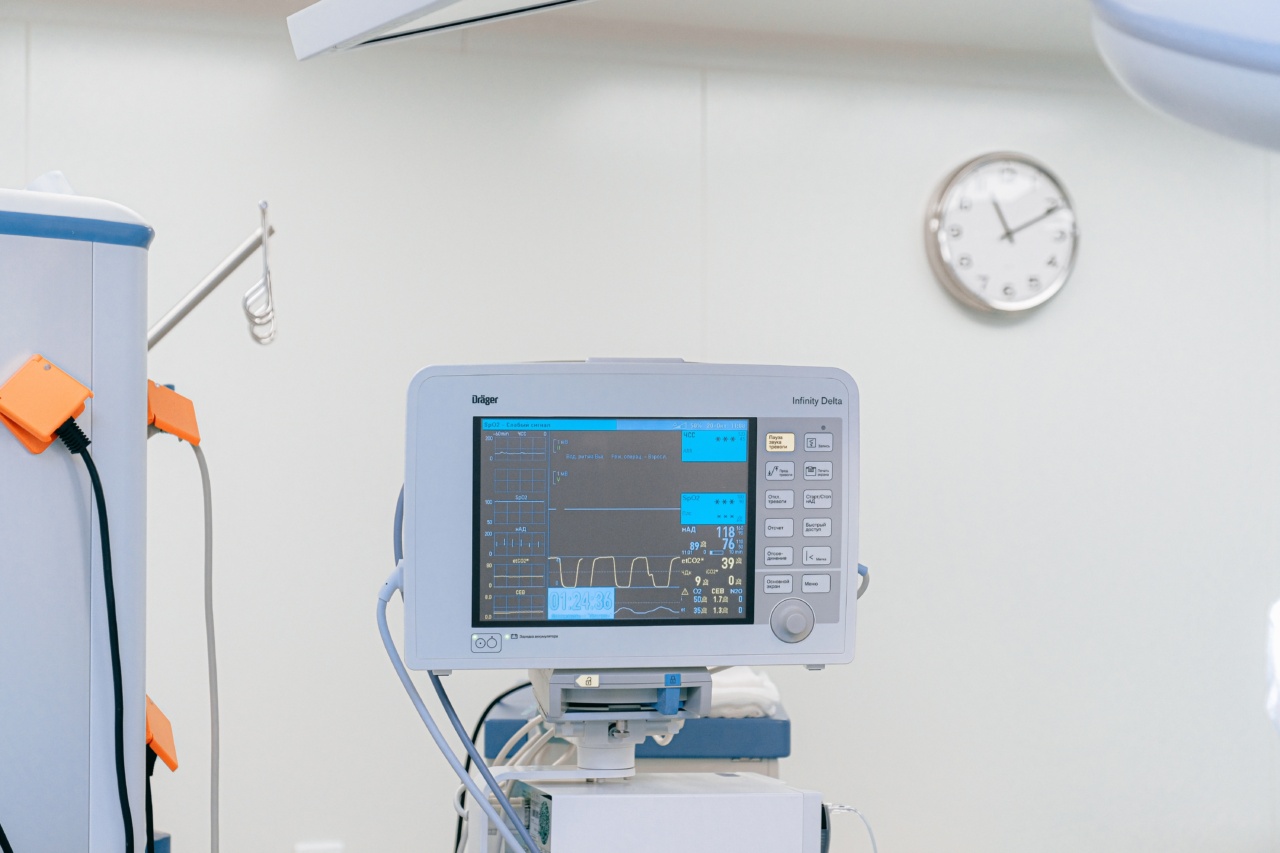One of the most heartbreaking things that can happen to someone is to watch their loved one slowly lose their memory and cognitive abilities due to Alzheimer’s disease.
Alzheimer’s is a degenerative neurological disease that affects millions of people worldwide. It is estimated that around 5 million individuals in the United States alone suffer from Alzheimer’s.
While there is still much to learn about this disease and how to best treat it, recent research shows that the signs of Alzheimer’s can begin up to 18 years before an official diagnosis is made, making early detection and treatment critical.
Early Signs of Alzheimer’s
Early signs and symptoms of Alzheimer’s can be difficult to recognize, as they are often dismissed as normal, age-related changes.
However, recognizing these early signs and getting a diagnosis as soon as possible can make all the difference in the treatment and progression of the disease.
Here are 10 early signs of Alzheimer’s:
-
Memory loss
The most common and well-known symptom of Alzheimer’s is memory loss. This can involve forgetting important dates or events, having trouble remembering names or faces, and frequently misplacing objects.
-
Difficulty with problem-solving and planning
People with Alzheimer’s might have trouble with tasks that involve problem-solving and planning, such as balancing a checkbook or following a recipe.
-
Changes in mood or personality
It’s not uncommon for people with Alzheimer’s to experience mood swings or changes in personality. They might become easily upset, suspicious, or withdrawn.
-
Trouble with completing familiar tasks
People with Alzheimer’s might forget how to do tasks they’ve performed countless times before, such as preparing a meal or getting dressed.
-
Difficulty with communication
Speech and language difficulties can be a symptom of Alzheimer’s. People might struggle to find the right words, repeat themselves often, or interrupt conversations.
-
Disorientation
People with Alzheimer’s can become disoriented, even in familiar surroundings. They might forget where they are or how to get home.
-
Poor judgment
Alzheimer’s can affect a person’s decision-making skills, causing them to make poor choices, such as giving away large sums of money or falling for scams.
-
Withdrawal from social activities
People with Alzheimer’s might withdraw from social activities they once enjoyed, as they feel more comfortable alone or have difficulty with communication.
-
Trouble with vision and spatial awareness
Alzheimer’s can affect a person’s visual-spatial skills, making it difficult to read, judge distance, or recognize objects.
-
Changes in sleep patterns
Alzheimer’s can cause changes in sleep patterns, such as difficulty sleeping or sleeping too much.
The Importance of Early Detection
Early detection and diagnosis of Alzheimer’s is critical for several reasons. First and foremost, getting a diagnosis can help alleviate anxiety and uncertainty for both the patient and their loved ones.
It also provides an opportunity to start treatment earlier, which can help slow the progression of the disease and potentially delay the need for full-time care. In addition, early detection allows patients to make important decisions about their future care, such as creating an advance directive or power of attorney.
How Alzheimer’s Develops
Alzheimer’s disease is caused by a buildup of two proteins in the brain: beta-amyloid and tau. These proteins form plaques and tangles that interfere with communication between nerve cells.
This leads to the death of these cells and the loss of brain tissue, which ultimately causes memory loss, cognitive decline, and other symptoms associated with Alzheimer’s.
Recent research has shown that these plaques and tangles can begin to form in the brain up to 18 years before an individual is diagnosed with Alzheimer’s.
This means that while a person may not yet have noticeable symptoms, the disease may already be taking hold in their brain.
Factors that Influence the Onset of Alzheimer’s
While genetics play a role in the development of Alzheimer’s, they are not the only factor at play. Lifestyle and environmental factors can also contribute to the onset of the disease. Here are some of the key factors:.
-
Diet
Research has shown that diets high in saturated and trans fats, as well as processed foods, can increase the risk of Alzheimer’s. On the other hand, diets rich in fruits, vegetables, and healthy fats like omega-3s can help protect the brain.
-
Physical Activity
Regular exercise has been shown to reduce the risk of developing Alzheimer’s. Exercise helps to increase blood flow to the brain, reduce inflammation, and promote the growth of new brain cells.
-
Sleep
Chronic sleep deprivation and sleep disorders have been linked to increased risk of cognitive decline and Alzheimer’s. Getting enough good quality sleep is important for maintaining brain health.
-
Stress and Depression
Stress and depression have both been linked to an increased risk of Alzheimer’s. These conditions can cause inflammation in the brain, damage brain cells, and impair memory and other cognitive functions.
-
Head Trauma
Head injuries, whether from sports, accidents, or military service, have been linked to an increased risk of Alzheimer’s later in life. Protecting the head and taking care to avoid head injuries is important for reducing this risk.
The Future of Alzheimer’s Treatment
While there is currently no cure for Alzheimer’s disease, there are several treatments available that can help manage symptoms and slow the progression of the disease.
These treatments include medications that can help regulate neurotransmitters in the brain, as well as behavioral therapies that can help improve memory and cognitive function.
There are also several promising clinical trials underway that are exploring new treatments for Alzheimer’s.
These range from drugs that target beta-amyloid and tau proteins, to immunotherapies that use the body’s own immune system to fight the disease.
Conclusion
Alzheimer’s disease is a devastating illness that affects millions of people worldwide. Early detection and treatment are critical for improving outcomes and giving patients the best quality of life possible.
Understanding the early signs of Alzheimer’s and the lifestyle and environmental factors that contribute to its development can help individuals take steps to reduce their risk and protect their brain health.






























